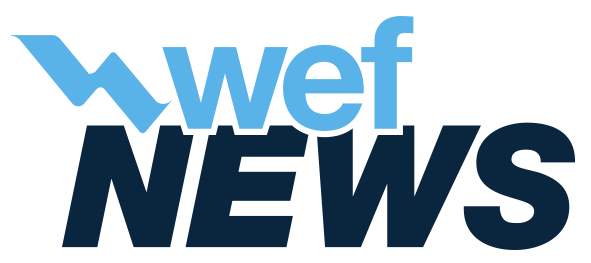On June 2, 2021, the U.S. Department of Health and Human Service (HHS) made available $166.6 million USD in grants to help low-income ratepayers effected by the COVID-19 pandemic pay their drinking water and wastewater utility bills. These initial grants represent 15% of the $1.1 billion USD total that ultimately will be offered through the Low-Income Household Water Assistance Program (LIHWAP).
The grants will be used to aid low-income ratepayers to pay their water bills, avoid shutoffs, or re-establish water and wastewater service. LIHWAP grants will be issued and administered by the Administration for Children and Families (ACF) and the Office of Community Services (OCS) within HHS.
States, territories, and tribes will receive these federal grants and work in partnership with private owners and operators of public water systems and treatment facilities to ensure low-income households and families have access to water and wastewater services.
With this funding launch, ACF is enabling states, territories, and tribes to set program rules that are reasonable for their communities and begin launching the program as immediately as possible.
LIHWAP Advocates
WEF’s members and Member Associations advocated before the U.S. Congress for the establishment of this new program. WEF members and all water sector personnel respect the essential role of clean water in public health for all — especially during the pandemic. They also understand what resources are needed by utilities to ensure continuous and reliable water service for all customers.
WEF and its advocates were pleased when Congress provided $638 million in the FY2020 Consolidated Appropriations Act in December 2020 and $500 million in the American Rescue Plan in March 2021. These two allotments total the $1.138 billion available through LIHWAP.
“It is critically important to provide financial assistance that benefits low-income ratepayers and utilities to allow water and wastewater services to continue in communities across the country,” said WEF Executive Director Walt Marlowe. “WEF members strongly advocated for this type of program and we are gratified to see it established.”
Those Most In Need
ACF expects states, territories, and tribes who receive LIHWAP grants will get the word out to eligible ratepayers about the availability of this assistance. The program will focus especially on households facing the greatest amount of water bills compared to household income and newly eligible households that typically would not qualify for assistance.
"This funding is absolutely vital to ensuring those most in need have access to water and wastewater services, while reducing arrearages that are unmanageable," said Dr. Lanikque Howard, Director of the Office of Community Services at ACF, in a press release.
LIHWAP Details
More information about the LIHWAP program, including the allotments to states and tribes and how utilities can access the funding, will be posted on the Low-Income Household Water Assistance Program webpage.
More on the Topic
In March 2021, Water Environment & Technology magazine explored the topic of unpaid utility bills, shutoff moratoriums, and rising needs. Read “Competing Crises” to learn how both customers and utilities were seeking to address the situation.


